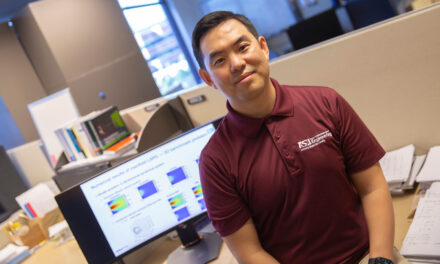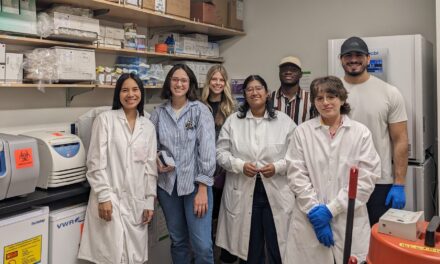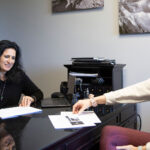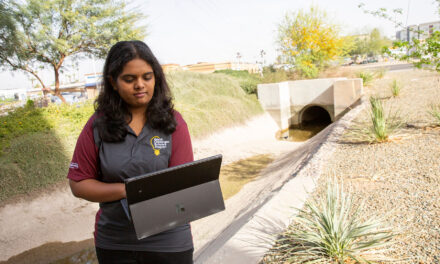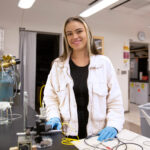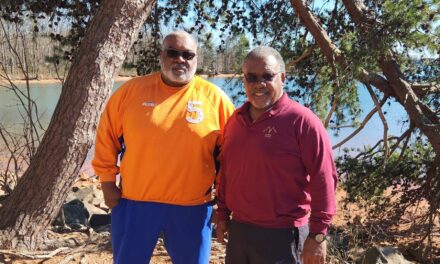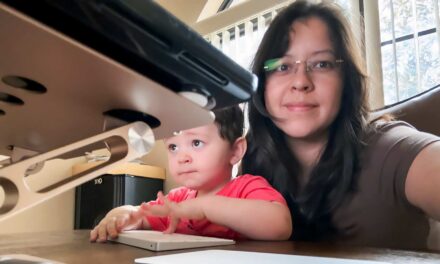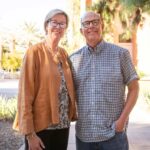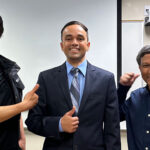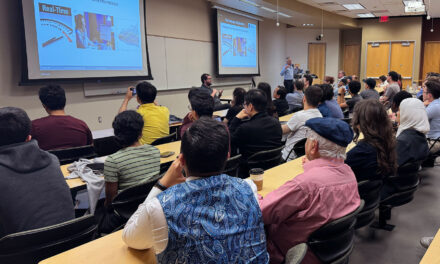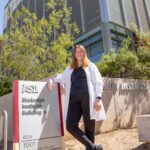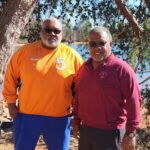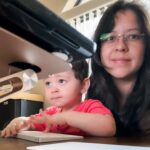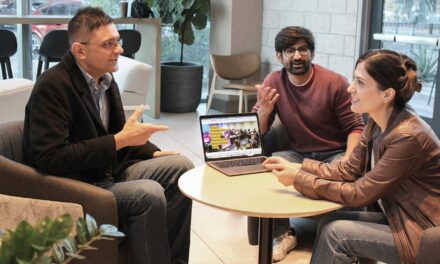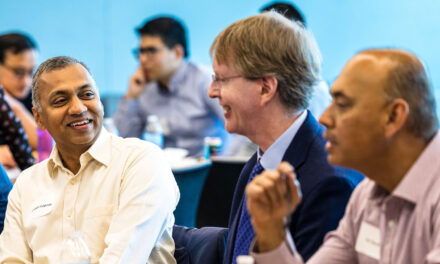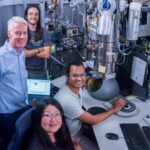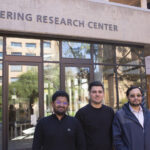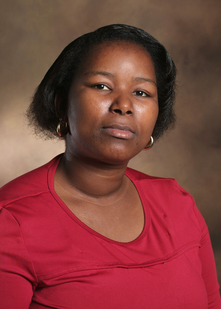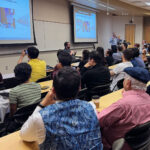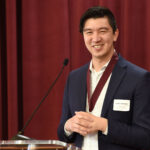
Doctoral student from South Africa surmounts culture shock to succeed
Posted: December 07, 2010
When Precious Biyela arrived at ASU in 2005 as a doctoral student, she faced a double dose of culture shock. Coming from her native South Africa, where she had been a lecturer at the University of Zululand, she was all alone, without friends and family. She also was switching fields, from microbiology to engineering, at an advanced level.
“During my first year at ASU I had a rough time trying to figure things out,” says Biyela. “What helped me most was the encouragement and guidance I received from my adviser, Dr. Bruce Rittmann, and the assistance I knew I could always count on from my coworkers at the Center for Environmental Biotechnology. Once I found my footing, it was a lot easier to progress towards the completion of my degree.”
Biyela persevered and succeeded in all ways, according to Rittmann. She became an expert in mathematical modeling, which was the foundation of her dissertation. She won the respect of her colleagues, assisting them in their research. On Dec. 16 she will receive her Ph.D. in the School of Sustainable Engineering and the Built Environment.
Biyela’s doctoral research was in water quality deterioration inside distribution systems. She used a mathematical model and field data to track, interpret and forecast changes that might occur in the chemical and biological quality of treated drinking water as it moves from the treatment plant to the point of use.
“At ASU she managed a large field-based research program looking for the pathogenic protozoan Naeglaria fowleri in drinking-water distribution systems,” says Rittmann. “Her dissertation became the tool for compiling and interpreting all the results from the field study. It was a lot of work by Precious, and it made the entire team ‘look good.’”
She also was able to apply her expertise to help refine a device that could be used in biofuel research. She led her ASU colleagues in an investigation of a newly designed photobioreactor, an incubator for growing large amounts of photosynthetic organisms to produce biodiesel.
Biyela says her love of science goes back to primary school, when she wanted to become a physician. Her mother urged all six of her children to work hard in school and to never let their circumstances limit their dreams. She also received encouragement from her professors at the University of Zululand, though she attended college just a few years after the end of apartheid.
She came to ASU on a Fulbright Fellowship. She also received the prestigious Fulbright-Amy Biehl Award for being the top candidate in the student category in South Africa.
Biyela plans to attend ASU commencement, though currently she is a postdoctoral fellow at McGill University in Quebec, Canada, in the department of civil engineering and applied mechanics.
Her professional goal is to be able to advance public health through the reduction of source water pollution and the treatment of water and wastewater. She plans to remain in academia, to educate the next generation of water professionals and engineers, including women and particularly women of color.


